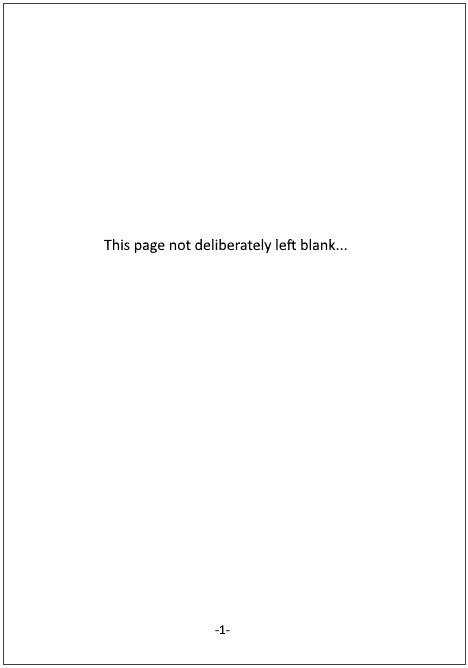
This post was originally just a quick visual joke, a play on the often printed phrase seen in books and documents that states “This page deliberately left blank”. My joke was then to allude to writer’s block by displaying a page that states instead that “This page not deliberately left blank”. Hahah. Funny.
Writer’s block is a condition that occurs when a writer is unable to produce new written material, despite their desire or need to do so. Writer’s block can be caused by a variety of factors, including self-doubt, anxiety, lack of inspiration, fatigue, and distractions.
To overcome writer’s block, there are several strategies that a writer can use. One effective strategy is to set aside a regular time and place for writing. This helps to establish a routine and allows the writer to focus on the task at hand.
Another strategy is to take a break from writing and engage in other activities that can help to stimulate creativity, such as reading, listening to music, or taking a walk. Engaging in these activities can help to refresh the mind and provide new ideas and perspectives.
Other strategies include breaking down the writing process into smaller, more manageable tasks, setting achievable goals, and seeking feedback from others. Additionally, it can be helpful to reframe the way one thinks about writer’s block and to view it as a normal part of the creative process rather than a personal failure.
Overall, the key to overcoming writer’s block is to find what works best for each individual writer and to persist in the face of challenges. With time, patience, and perseverance, any writer can overcome writer’s block and produce their best work.
But, to quote Neil Peart in the Rush song Losing It:
“The writer stare with glassy eyes
Defies the empty page
His beard is white, his face is lined
And streaked with tears of rage”
Cheery stuff!